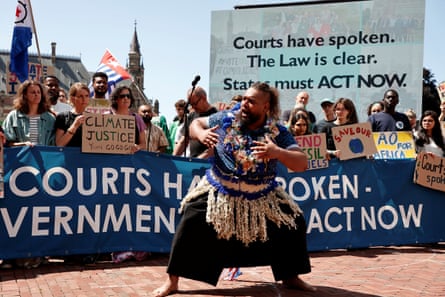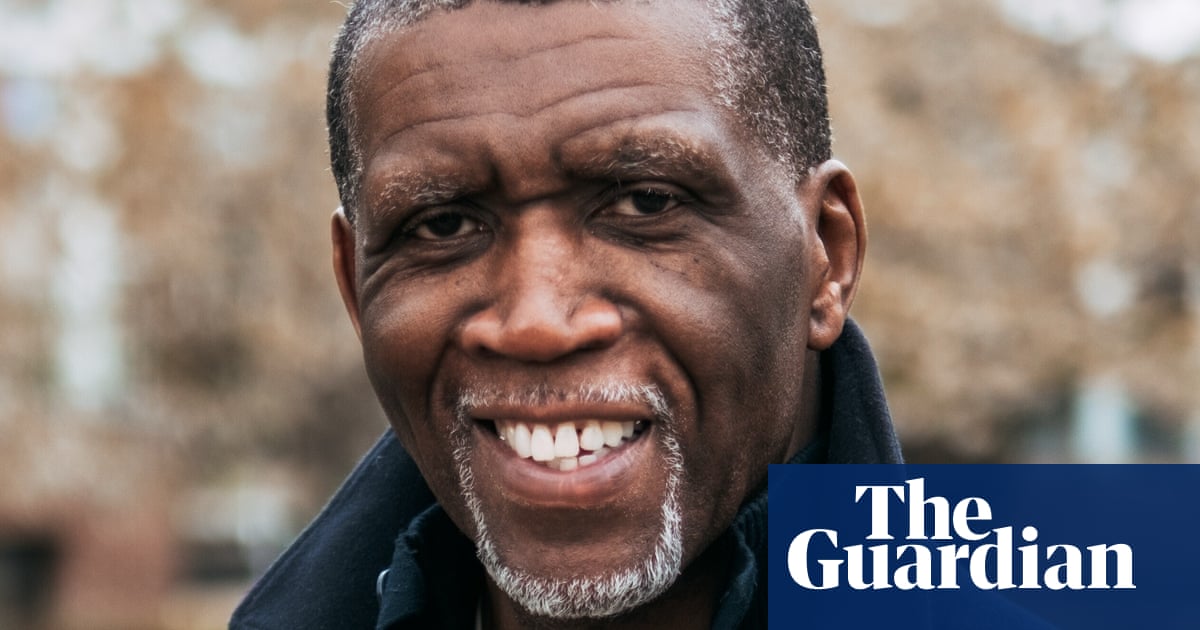A “clean, healthy and sustainable environment” is a human right, according to judges at the top court of the United Nations.
The international court of justice (ICJ) delivered a landmark advisory opinion on Wednesday about countries’ obligations to tackle climate change, and the consequences they may face if they do not.
The non-binding opinion runs to more than 500 pages and is seen as a potential turning point in international climate law. Enshrining a sustainable environment as a human right paves the way for other legal actions, including states returning to the ICJ to hold each other to account, as well as domestic lawsuits.
“The consequences of climate change are severe and far-reaching: they affect both natural ecosystems and human populations. These consequences underscore the urgent and existential threat posed by climate change,” said the ICJ president, Yuji Iwasawa.
The ICJ was instructed to produce this document by the UN in 2023, after years of campaigning by a group of Pacific island law students and diplomacy led by the Pacific island nation of Vanuatu.
During two weeks of hearings in The Hague in December, representatives of vulnerable states told judges that a handful of countries should be held legally responsible for the continuing impacts of climate change. Meanwhile, the world’s top greenhouse gas emitters denied any legal responsibility beyond the Paris agreement on climate change.

The ICJ is the third of four top courts to publish an advisory opinion on climate change. Earlier this month, the inter-American court of human rights (IACHR) concluded that there is a human right to a healthy climate. And both the IACHR and the international tribunal for the law of the sea said states have a legal responsibility to control greenhouse gases.
Meanwhile, the African court on human and people’s rights has only just begun the process.
Of all these, the ICJ is the court with the widest jurisdiction and it has the role of harmonising and integrating international law.
Advisory opinions are technically non-binding but are considered authoritative because they summarise existing law rather than create law. They are expected to be used in future litigation and to bolster political negotiations.
after newsletter promotion
Jotham Napat, the prime minister of Vanuatu, said this was a “turning point in the fight for climate justice”.
“This process has elevated the voices of climate-vulnerable nations, driven global awareness, and set the stage for stronger climate action,” said Napat. “This ruling will give us a foundation to build upon, and this moment will inspire continued efforts for stronger action and accountability, inspiring bold efforts to protect our planet.”
More details soon …

.png) 3 months ago
53
3 months ago
53

















































